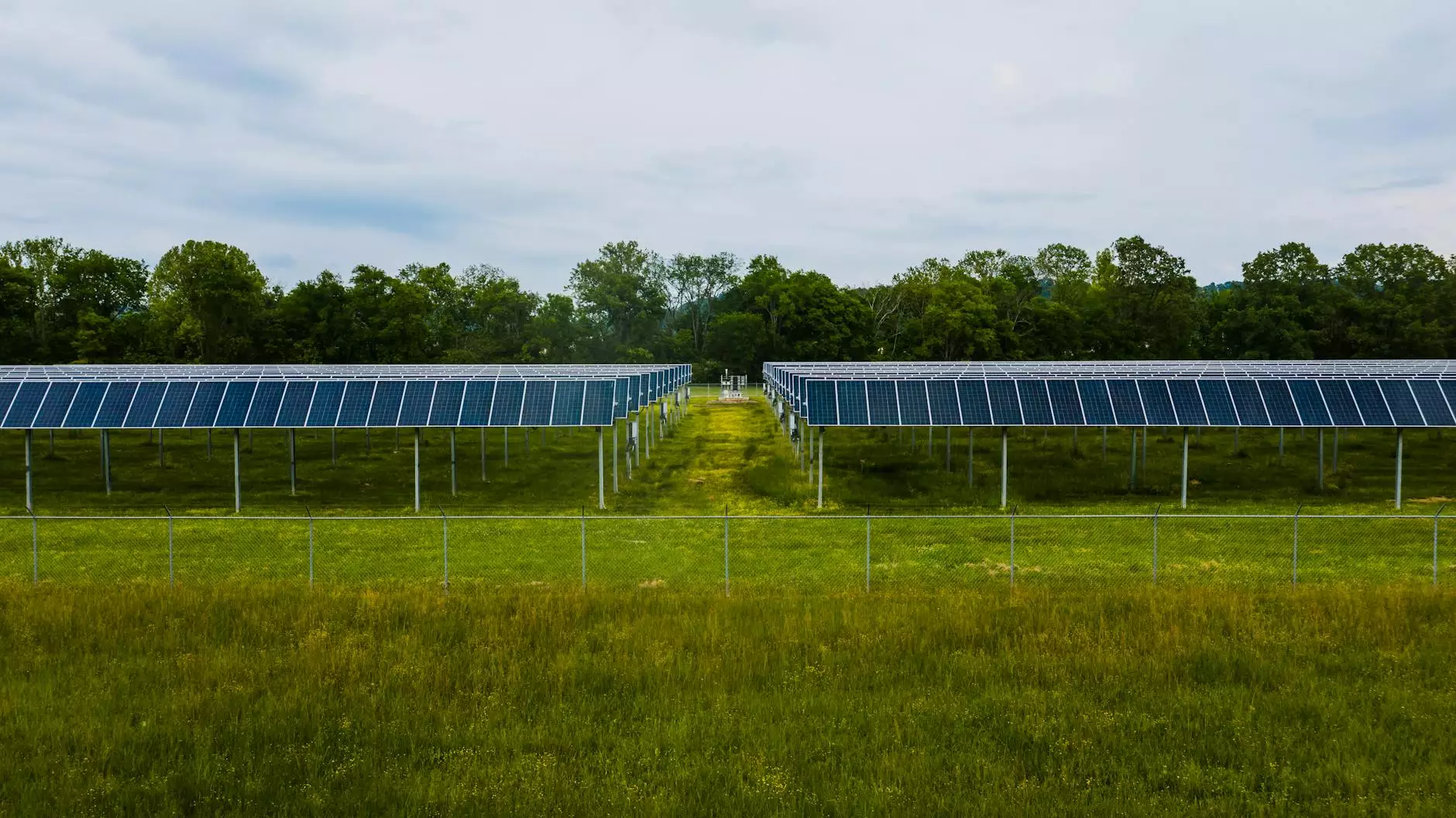Biodiesel in Winter Time
Biodiesel
Welcome to We Buy Junk Cars Charlotte, your trusted source of information for all things related to vehicles and auto parts. In this comprehensive guide, we will explore the topic of using biodiesel fuel during winter time and provide you with useful tips on how to optimize its usage for an uninterrupted driving experience. Whether you are new to biodiesel or a seasoned user, this guide will equip you with the knowledge you need to fuel your vehicle effectively during colder months.
Understanding Biodiesel Fuel
Biodiesel is a renewable energy source derived from organic materials such as vegetable oils, animal fats, and recycled cooking oil. It is a cleaner and more environmentally friendly alternative to conventional diesel fuel as it reduces harmful emissions and dependence on fossil fuels. Biodiesel can be used in standard diesel engines with little to no modifications, making it a popular choice among eco-conscious vehicle owners.
The Impact of Winter on Biodiesel Fuel
During winter, colder temperatures pose certain challenges to the effective use of biodiesel fuel. As the mercury drops, biodiesel tends to thicken and form crystals, leading to potential issues such as clogged fuel filters, reduced engine performance, and increased fuel consumption. However, with proper handling and treatment, these challenges can be overcome, allowing for seamless operation of your vehicle even in chilly weather.
Preventing Biodiesel Gelling
One of the primary concerns during winter is the possibility of biodiesel fuel gelling, which occurs when the fuel solidifies and becomes thicker, inhibiting its flow through the fuel system. To prevent biodiesel from gelling, consider the following measures:
- Blending: Opt for a blend of biodiesel and petroleum diesel that is specifically formulated for winter use. The petroleum diesel component helps to lower the cloud point and prevent gelling.
- Storage Conditions: Store biodiesel in a climate-controlled environment to maintain its viscosity and prevent crystallization. Avoid storing it in areas exposed to extreme cold temperatures.
- Additives: Make use of cold flow additives that improve the low-temperature properties of biodiesel, preventing it from gelling and enhancing its cold weather performance.
- Fuel Filter Maintenance: Regularly inspect and replace fuel filters to prevent clogging caused by gelled biodiesel. Clean filters ensure uninterrupted fuel flow, optimizing engine performance.
Improving Cold Weather Performance
In addition to preventing gelling, there are several other steps you can take to enhance the cold weather performance of biodiesel:
- Preheating: Consider installing a fuel tank heater or using a fuel line heating system to warm up the biodiesel before it enters the engine. This reduces the viscosity and improves combustion in colder temperatures.
- Block Heaters: Utilize block heaters to keep the engine warm and aid in the starting process during extremely cold weather. A warm engine ensures better fuel atomization and overall performance.
- Fuel Additives: Certain fuel additives can further enhance the cold weather properties of biodiesel by preventing fuel line freezing, improving ignition, and reducing fuel system corrosion.
- Regular Maintenance: Follow the manufacturer's recommended maintenance schedule to ensure all engine components are in optimal condition for winter operation. This includes checking glow plugs, battery health, and fuel pump functionality.
Safe and Efficient Biodiesel Usage
When using biodiesel during winter time, it is crucial to follow these best practices to ensure safe and efficient operation:
Compatibility and Warranty
Check with your vehicle manufacturer to ensure that using biodiesel blends will not void your warranty. While most modern vehicles are compatible with biodiesel, it's always a good idea to verify compatibility and any specific requirements.
Storage and Handling
Proper storage and handling of biodiesel are crucial for its longevity and performance. Store biodiesel in clean, dry, and airtight containers to prevent contaminants from entering the fuel. Avoid prolonged exposure to sunlight and extreme temperatures.
Quality Assurance
It is important to ensure that the biodiesel you are using meets quality standards. Look for reputable suppliers who comply with industry specifications such as ASTM D6751. Quality biodiesel reduces the risk of engine damage and ensures optimal performance.
Monitoring and Maintenance
Regularly monitor the performance of your vehicle when using biodiesel during winter. Pay attention to any warning signs such as rough idling, decreased power, or increased fuel consumption. Address any issues promptly and carry out regular maintenance to prevent costly repairs and maximize fuel efficiency.
The Benefits of Biodiesel in Winter Time
Despite the challenges, biodiesel offers several benefits during the winter season:
- Environmental Friendliness: Biodiesel reduces greenhouse gas emissions and contributes to cleaner air quality during a time when air pollution from vehicle emissions is most significant.
- Sustainability: Biodiesel is made from renewable resources, thus reducing our dependence on fossil fuels and promoting a sustainable energy future.
- Engine Performance: High-quality biodiesel blends can improve engine performance, leading to a smoother and more reliable driving experience even in colder temperatures.
- Supporting Local Economy: Using biodiesel supports local farmers and biodiesel producers, contributing to the growth of the local economy.
Conclusion
In conclusion, utilizing biodiesel fuel during winter time can be both efficient and environmentally responsible. By following proper handling and treatment methods, you can ensure that your vehicle operates smoothly, even in the coldest of weather conditions. Remember to take preventive measures to avoid gelling, improve cold weather performance, and adhere to best practices for safe and optimal biodiesel usage. We Buy Junk Cars Charlotte is here to assist you in making informed decisions about your vehicle and its fueling needs. Drive confidently and sustainably with biodiesel!



